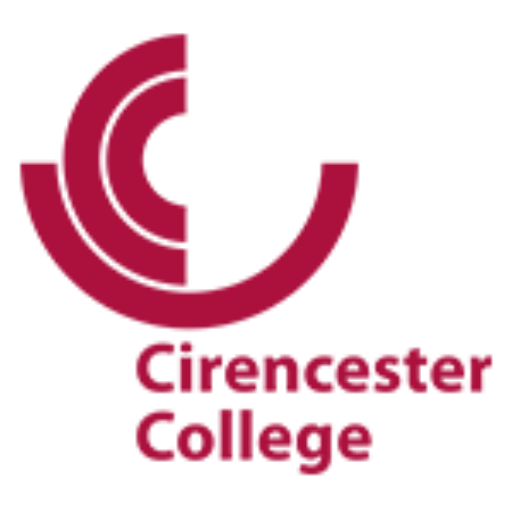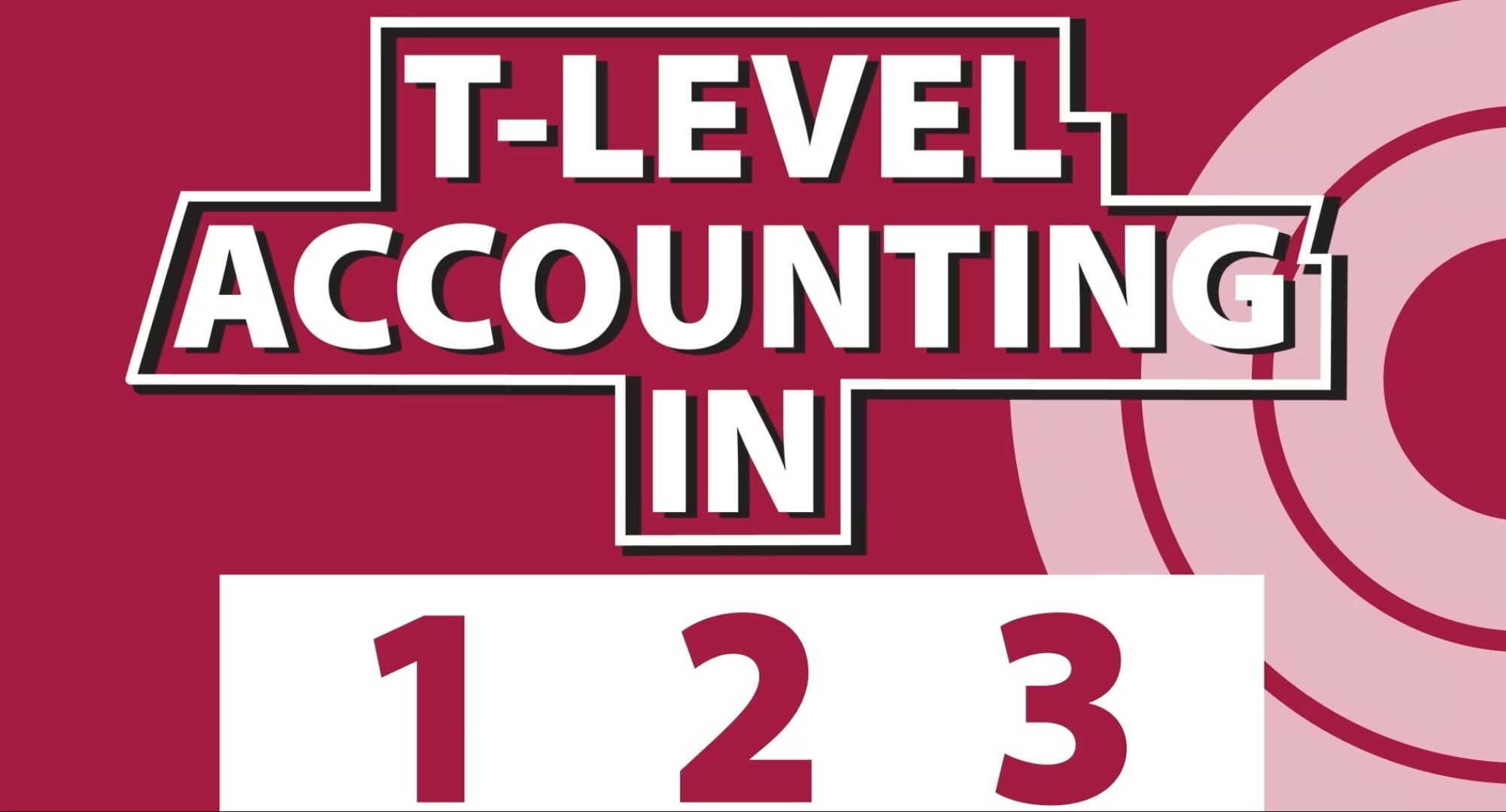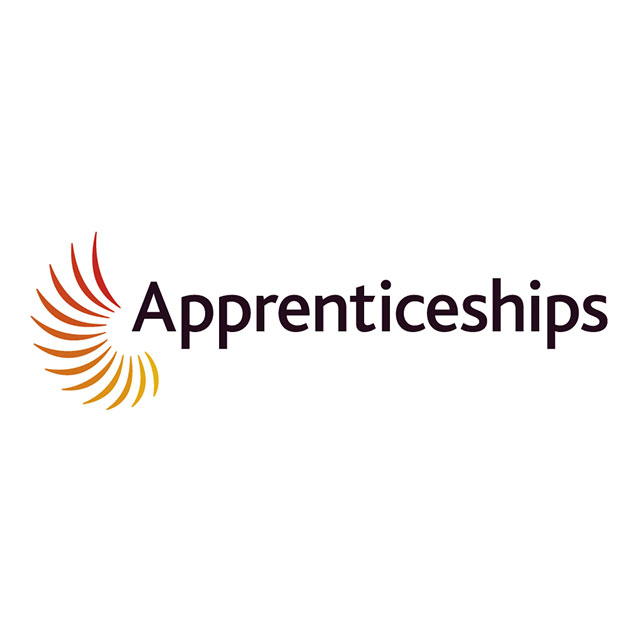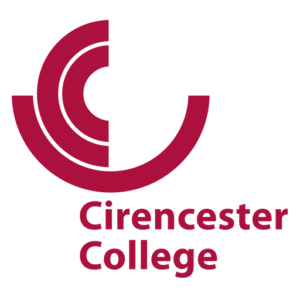DO NOT DELETE OR EDIT THIS ROW OR ITS CONTENTS

On the T-level Accounting course, you will be developing team and professional skills to get you ready for employment, as well as all the essential knowledge to be a successful accountant. You will also complete a work placement. Accounting is an exciting, dynamic and in-demand career - every organisation needs people who understand the numbers. If you enjoy maths, like solving problems, and have an eye for detail, accounting could be a great career choice for you.
What will I study in Accounting T-level?
The fundamentals of financial and management accounting
Double entry entry bookkeeping
How to construct final accounts for sole traders, partnerships and companies
Fundamentals of tax and payroll
Various costing methods
Budgeting
Careers in Accounting & Finance
The business environment & financial regulation
Professional behaviour and ethics (amongst other things!)
Entry Requirements
5+ GCSEs at Grade 4 or above from the core subjects, including English Language and Grade 5 in Maths.
How will I learn?
In the classroom, you will be working independently or in groups to solve accounting problems. You will be researching & designing an innovative solution to a business issue, and then presenting your findings to the group. You'll also have a chance to practice your new skills in the work placement.
How will I be assessed?
2 core exams, an employer set project and synoptic accounting exams
Any trips?
There will be several trips to local and national employers, for which there will be additional costs.
Are there any costs involved?
Students are asked to supply their own laptop with MS Office loaded. You should also expect some additional small costs for course booklets, stationery and a calculator. There will also be additional trips to employers.
You will need to buy a college branded polo shirt/s £16 for work placement and occasional use in college. There is likely to be transport costs for the work placement.
FAQs
Definitely not! You will be practising other business skills such as report writing, making presentations, using digital tools such as spreadsheets, and using accounting software.
However, you will need to enjoy working with numbers to solve complex accounting problems
We have a dedicated Employer Engagement team who have a network of employer contacts, and we can support the student in finding placement. However, we do not have sufficient placements for all students, and ultimately, it is the responsibility of the student to find a placement.
We spend quite a lot of time in class helping students to look for their own placements by researching local employers, writing their CV’s, putting together introductory letters, and being pro-active at making contact with employers. We also practice interview techniques and other application processes. Over the first October half term students are tasked with contacting at least 20 local employers with their CV and speculative letters, and this could be any employer with an accounting or finance function, it does not have to be an accounting business, it could be a school or charity.
Students and parents need to be aware that the needs of employers vary over time, which means that some employers will take students at various points throughout the academic year, sometimes over the summer holiday in a block placement, and students will need to be flexible about their availability in order to satisfy the requirements of the T-level qualification.
Employer locations can be in Wiltshire, Glos or Oxfordshire, and it is important that students are located near, and have access to, daily transport hubs in order to complete the placement.
Additionally, employers will also want to interview students to ensure they are a good ‘fit’ for the business, and, as in the real job market, it is common for students to be competing against each other when applying for a placement.
We encourage students to use existing contacts (parents/friends etc) to help them find a placement and our experience suggests students have found this route easier than being in a competitive situation.
How is the Accounting T Level different to the Finance T Level?
They do share many core components and you will learn similar business skills. However, Accounting is more mathematical. The Finance T Level (depending on the pathway chosen) may focus on the customer experience, risk analysis, regulatory frameworks, or wealth management.
Assistant Accountant
Finance Assistant
Payroll officer
Sales Ledger clerk
Awarding Body
Pearson
Available As
[168 UCAS pts. available]

Add to Application
What can I do after I have taken this course?
Available As
[168 UCAS pts. available]

Add to Application

DO NOT DELETE OR EDIT THIS ROW OR ITS CONTENTS
















